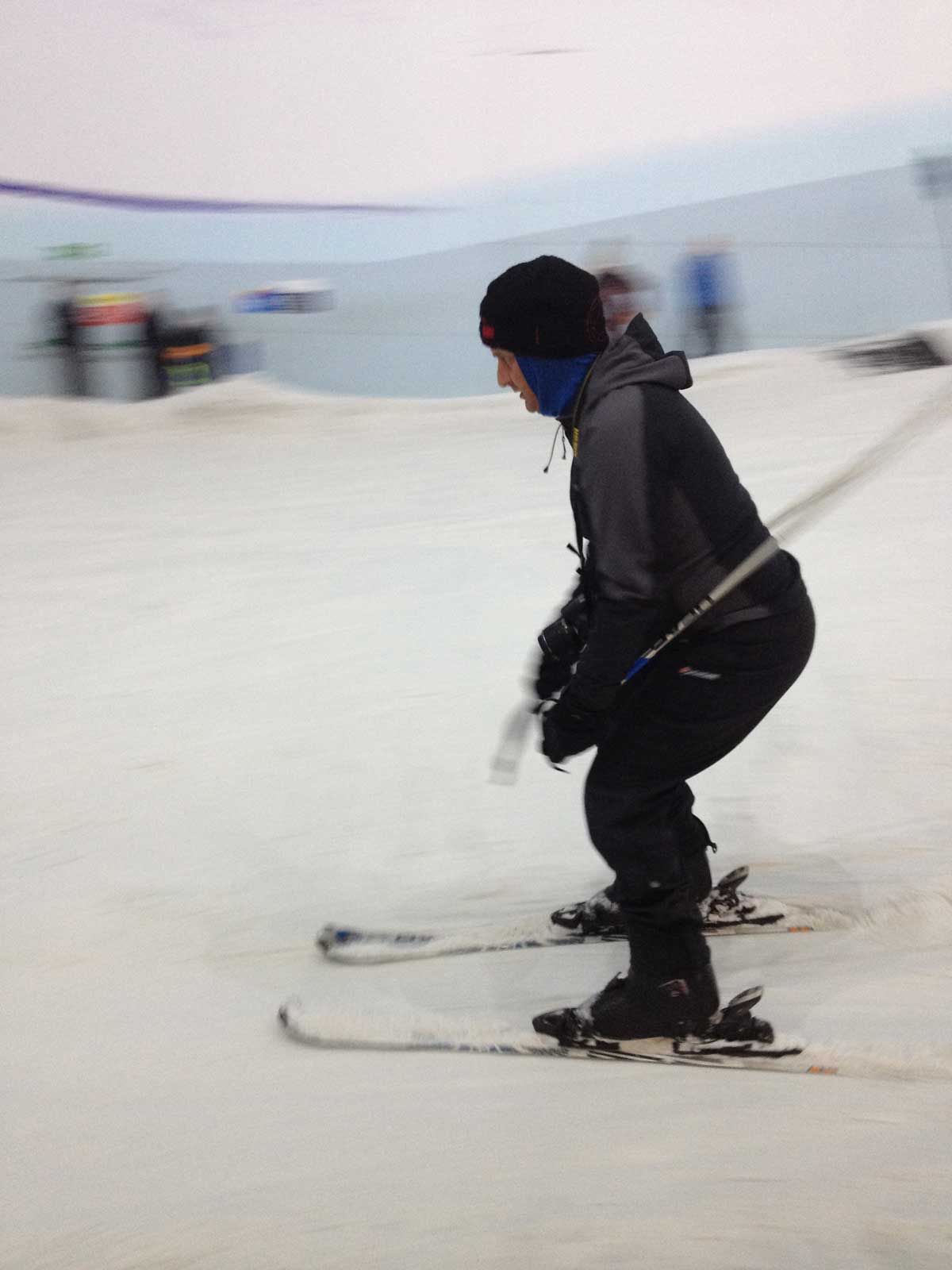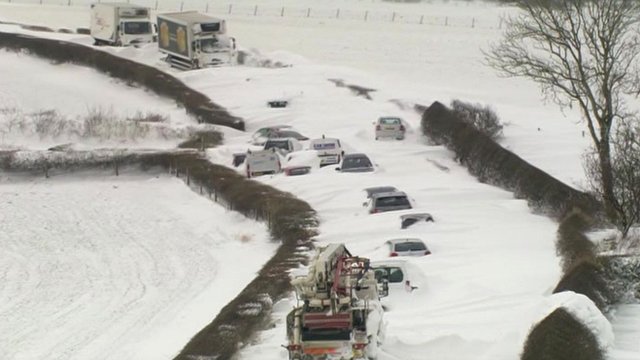Since breaking my neck I've found it easy to sleep walk into a risk averse existance with a catalogue of reasons why I should allow inertia to rule the day. Within the confines of these walls there's no risk of embarassment with a wall, a carefully placed piece of furniture or a door frame always at hand should my balance suddenly desert me or my leg lose all feeling. There's nobody to see the uncamoflaged sudden pain as a nerve sends some random signal and nobody to have to hide it from. Inertia was convenient. Sat in front of my computer I was comfortable; going out becoming limited to events where I had either the advantage of being amongst friends or where the requirements placed on me were more knowledge dependent than physical. It was only recently, however, that I realised how I'd sleep-walked into an inertia controlled existence and in doing so had limited any potential to progress.
A couple of months ago I got the offer of a place on a press trip to Austria with Inghams Holidays and Tirol and it threw me into confusion. I'd always wanted to learn how to ski, from being an 11 year old children's home kid at Prep School watching everyone else head off for skiing in the Alps but not being able to join them. I'd grown up on the stories of Scott, Hillary, Tenzing and Shackleton and archived my first impressions of winter sports based on Franz Klammer. Dougal Haston was my boyhood hero and he skiied! On the other hand there was my neck; my shoulders; my back and my unpredictable legs. Much as I wanted to say yes I had a hundred reasons to say no, to settle back in front of the PC writing about what others were doing and feeling I was providing a service.
I didn't say no to the Austria press trip though.though, I said yes. A chance conversation with John Ellison of Climbers Against Cancer made me question the whole issue of risk. I write about adventure for a living but had long ago abandoned true adventure; where the outcome is uncertain.
Obergurgl
Over the last thirty years perhaps the biggest change in society has been the abolition of risk from daily life. We've become accustomed to a world that's almost steralized of risk in all its forms. We're told what's safe to eat and safe to do and in case we don't understand it's regulated for us. Life has to be certain. If we follow the rules and take our allocated path then society, in return, will keep us free of risk. It's what we've come to expect.
When Adam Noble lost his dog in the Lake District last month the comments on his fundraising page expressed surprise that a mountain rescue team should go out to rescue a dog; no surprise that the teams of volunteers go out in all conditions for people - that, of course, is expected. When motorists take to the road despite the winter weather forecasts it's because they've been taught from birth that society will take care of the risks. If their car breaks down then there's the AA or RAC, if it gets stuck in the snow then someone will rescue them, The risks have been abrogated in favour of a third party. Of course the risks still exist, but with someone else responsible then the expectation of consequences are low.
When a schoolboy was killed by a polar bear a couple of years ago it shocked the nation. This wasn't supposed to happen; what had happened to the pact that society would keep us safe? The ensuing column inches were more about "should they have been there" and "what regulations didn't they stick to" than an acceptance that to venture into the home of a large carnivore carries risk. When horse meat was found in the nation's sausages and burgers the outcry was about how safety rules had failed us; there was very little discussion of the fact that horse is widely eaten elsewhere in the world without their citizens keeling over dead. In each case the conversation was about how the risk should have been avoided rather than any acknowledgement that risk is essential both to the individual and society as a whole and rather than become risk averse we need to become risk aware.
Every winter hundreds of drivers pass on the responsibility of their safety to others by not being risk aware
Without risk our ancestors would never have taken the step from hunter-gatherers to putting faith in a crop producing food months ahead. Without risk we'd have none of the things we recognise in society, from electricity to MacDonalds. Whether physically or financially almost all of humanity's advances have been born from risk. We crossed the oceans because somebody took the risk and climbed the highest mountains in the world because we took the risk. Today's multi-nationals started because somebody took a risk with their money and future, and today's medicines only exist because somebody, somewhere down the line, took a risk. What we, as individuals or society, learn from risk is what moves us forward and easy as it may be, to abrogate risk is to abrogate progess.
Being risk aware rather than risk averse allows us to quantify the risk and make decisions accordingly. In the case of the snow bound driver it means being aware of the risk before setting off and putting appropriate extras in the car boot to keep them safe whatever happens. In the case of business it means quanifying the potential risk and investing in it for an uncertain return. In either case being risk averse rather than risk aware is perhaps the biggest risk of all! In Austria I may or may not be physically capable of the demands on my body, but in not going I would not only condemn my body as being incapable but also reinforce the inertia that becomes self-sustaining. I'm not keen on having my life directed and regulated and in taking the risk of pain and embarrassment on a pair of planks I'm not only fulfilling a childhood dream but hopefully changing inertia into momentum.



